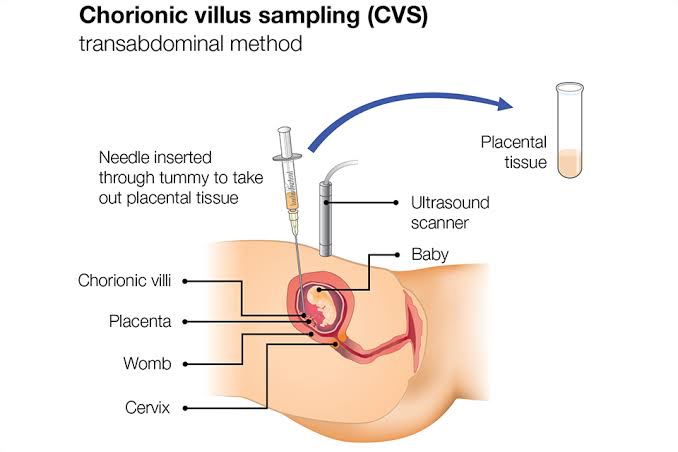CVS
Home / Service Detail

CVS: A Prenatal Diagnostic Procedure
Chorionic villus sampling (CVS) is a prenatal diagnostic test performed between the 10th and 13th weeks of pregnancy to detect genetic and chromosomal abnormalities, such as Down syndrome and trisomy 18. During the procedure, a small sample of placental tissue called chorionic villi is collected either through the cervix or the abdominal wall under ultrasound guidance. No special preparation is needed, but discuss any medications, particularly blood thinners, with your doctor beforehand. After the procedure, light activity is recommended for 24-48 hours, and mild cramping or spotting may occur. Contact your healthcare provider if you experience severe pain, heavy bleeding, fever, or signs of preterm labor. CVS carries a small risk of miscarriage (about 1 in 100), as well as potential risks of infection or placental injury.
When is CVS Performed?
Typically between 10 and 13 weeks of pregnancy: This allows for early diagnosis of genetic conditions.
In specific cases: May be performed earlier or later depending on the circumstances.
How is CVS Done?
Transabdominal Approach: The doctor inserts a thin needle through the abdomen and into the placenta.
Transcervical Approach: In some cases, the doctor may insert a thin tube through the cervix to reach the placenta.
What Information Does CVS Provide?
- Chromosomal Abnormalities: Can detect conditions like Down syndrome, trisomy 18, and trisomy 13.
- Genetic Disorders: Can diagnose genetic diseases such as cystic fibrosis and sickle cell anemia.
- Sex Determination: Can determine the sex of the fetus.
Risks Associated with CVS
- Miscarriage: There is a slightly higher risk of miscarriage compared to amniocentesis, typically around 1-2%.
- Infection: There is a very low risk of infection.
- Bleeding: Some bleeding may occur after the procedure.
Important Note: CVS is a more invasive procedure than amniocentesis and is typically recommended for women at high risk of having a child with a genetic or chromosomal abnormality.
Other Services
Our Recent Blog & Articles
Vestibulum vel justo sen feugiat sem gravida vulputate sed amatug.
Welcome to Dr. Natasha’s clinic in Jaipur, where we blend advanced fetal therapy with caring maternal-fetal medicine.…



